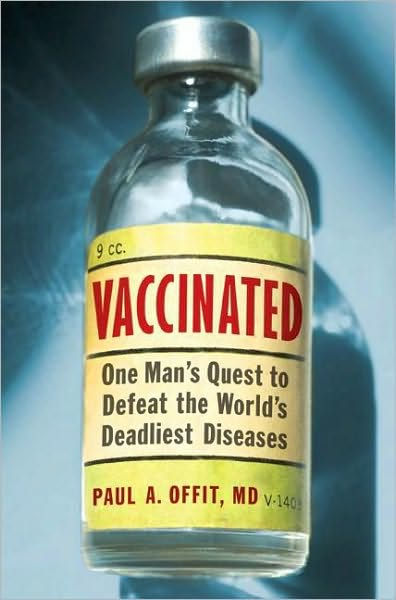

Most ebook files are in PDF format, so you can easily read them using various software such as Foxit Reader or directly on the Google Chrome browser.
Some ebook files are released by publishers in other formats such as .awz, .mobi, .epub, .fb2, etc. You may need to install specific software to read these formats on mobile/PC, such as Calibre.
Please read the tutorial at this link: https://ebookbell.com/faq
We offer FREE conversion to the popular formats you request; however, this may take some time. Therefore, right after payment, please email us, and we will try to provide the service as quickly as possible.
For some exceptional file formats or broken links (if any), please refrain from opening any disputes. Instead, email us first, and we will try to assist within a maximum of 6 hours.
EbookBell Team

4.8
64 reviewsMaurice Hilleman's mother died a day after he was born and his twin sister stillborn. As an adult, he said that he felt he had escaped an appointment with death. He made it his life's work to see that others could do the same. Born into the life of a Montana chicken farmer, Hilleman ran off to the University of Chicago to become a microbiologist, and eventually joined Merck, the pharmaceutical company, to pursue his goal of eliminating childhood disease. Chief among his accomplishments are nine vaccines that practically every child gets, rendering formerly dread diseases—including often devastating ones such as mumps and rubella—practically toothless and nearly forgotten; his measles vaccine alone saves several million lives every year.
Vaccinated is not a biography; Hilleman's experience forms the basis for a rich and lively narrative of two hundred years of medical history, ranging across the globe and throughout time to take in a cast of hundreds, all caught up, intentionally or otherwise, in the story of vaccines. It is an inspiring and triumphant tale, but one with a cautionary aspect, as vaccines come under assault from people blaming vaccines for autism and worse. Paul Offit clearly and compellingly rebuts those arguments, and, by demonstrating how much the work of Hilleman and others has gained for humanity, shows us how much we have to lose.
Read More